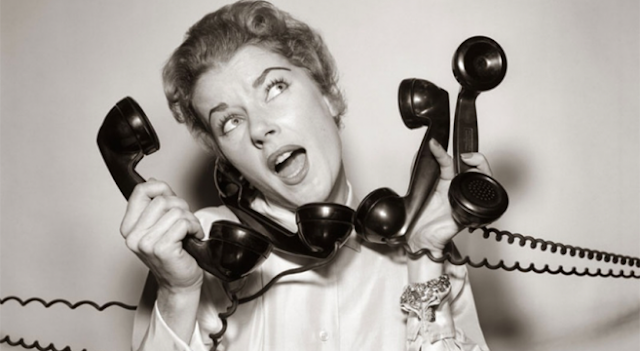How can influencer marketing help your brand? Influencer Marketing Series
Some people (like me) are born skeptics. Influencer marketing? Blah – why would that work? I know my audience – and I can reach them directly. I don’t need no influencer. But, think about this: In 2017, eMarketer reported that marketers spent $570 million on influencer marketing globally. In 2018, $1.6 billion was channeled into sponsored posts on Instagram alone. According to a report by Linqia , only 6% of brands said influencer content under-performed brand content. By 2020, more than 50% of ad content will be created outside of marketing . Marketing-inspired word-of-mouth makes 4x the impact on purchasing decisions [ McKinsey study ] Okay – so why should you think about influencer marketing? Maybe, you are in the B2B business and feel influencer marketing is not relevant for your segment, or maybe you feel your product doesn’t need influencers? Or it may be that you find your audience is not social media savvy – hence the need to obvia...




Comments
Post a Comment